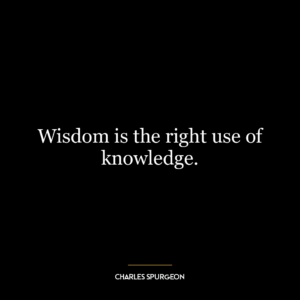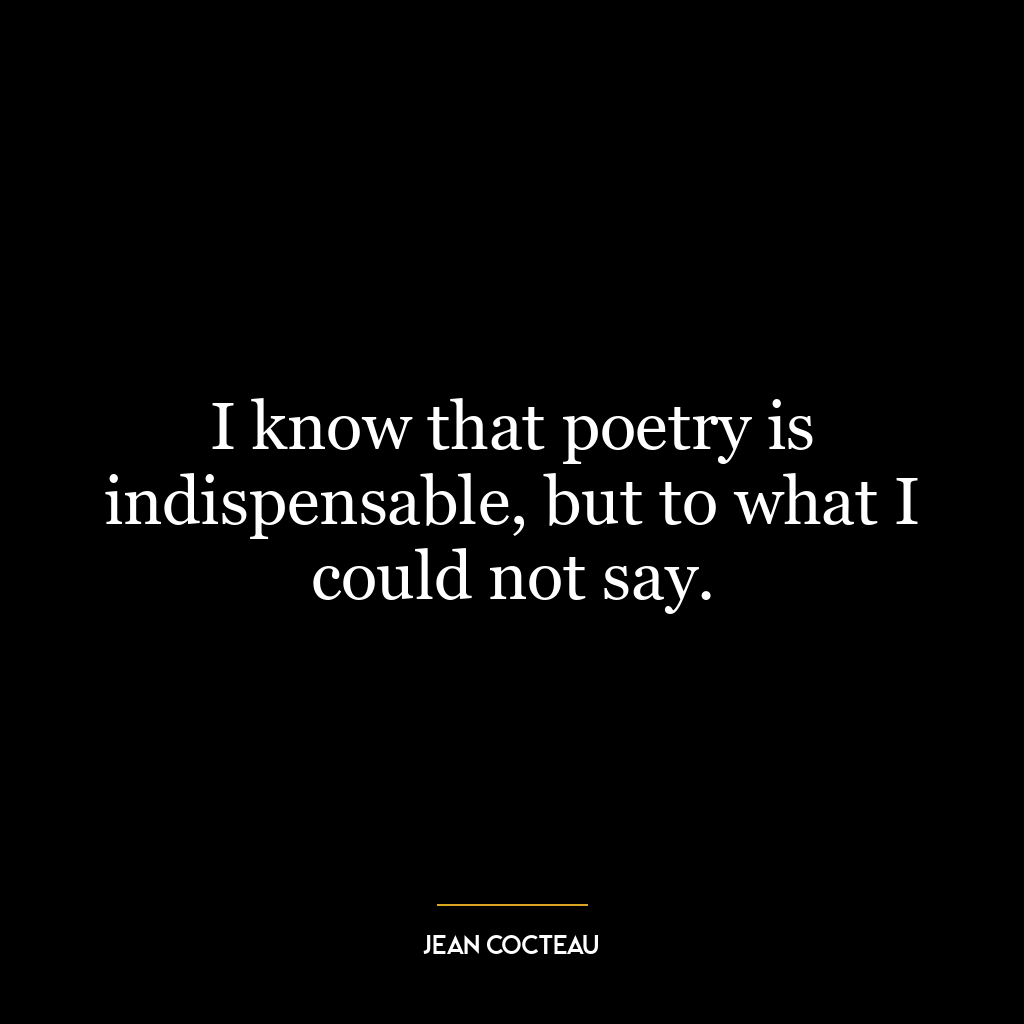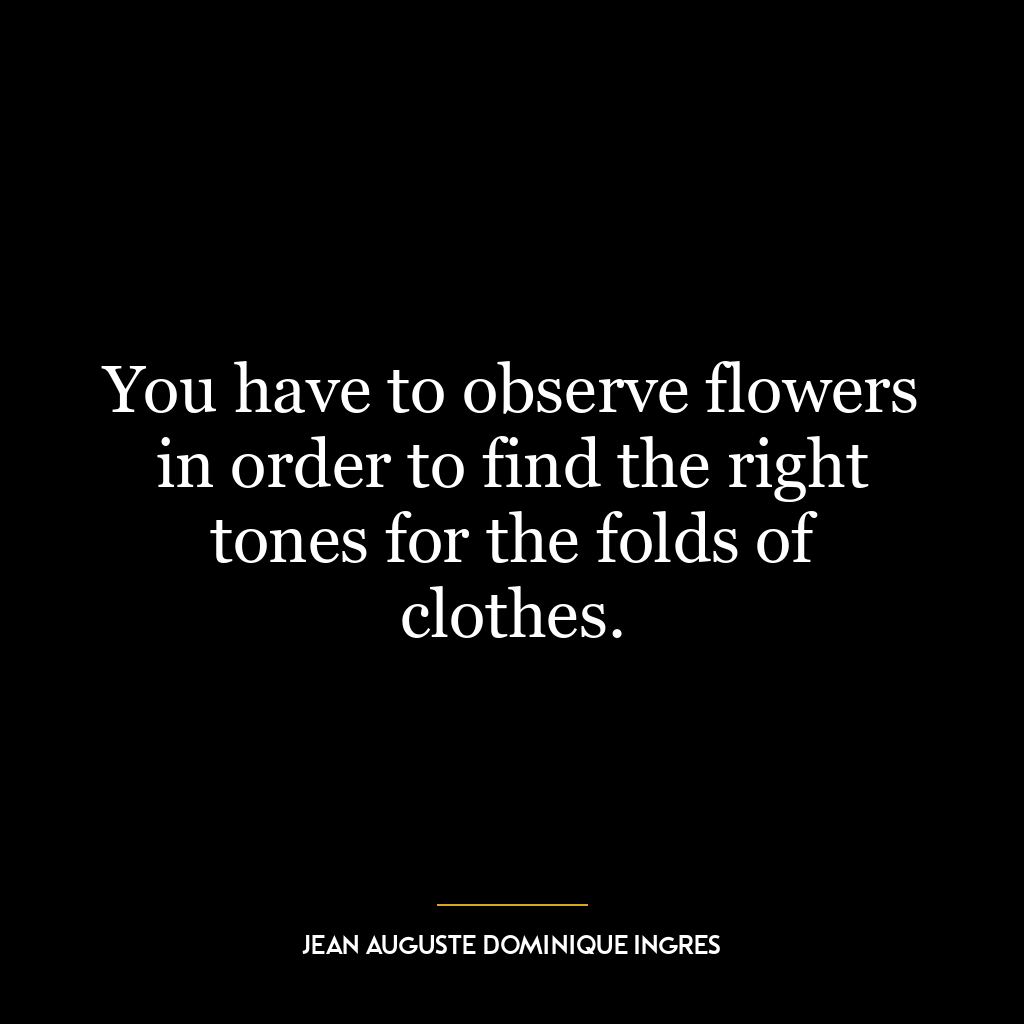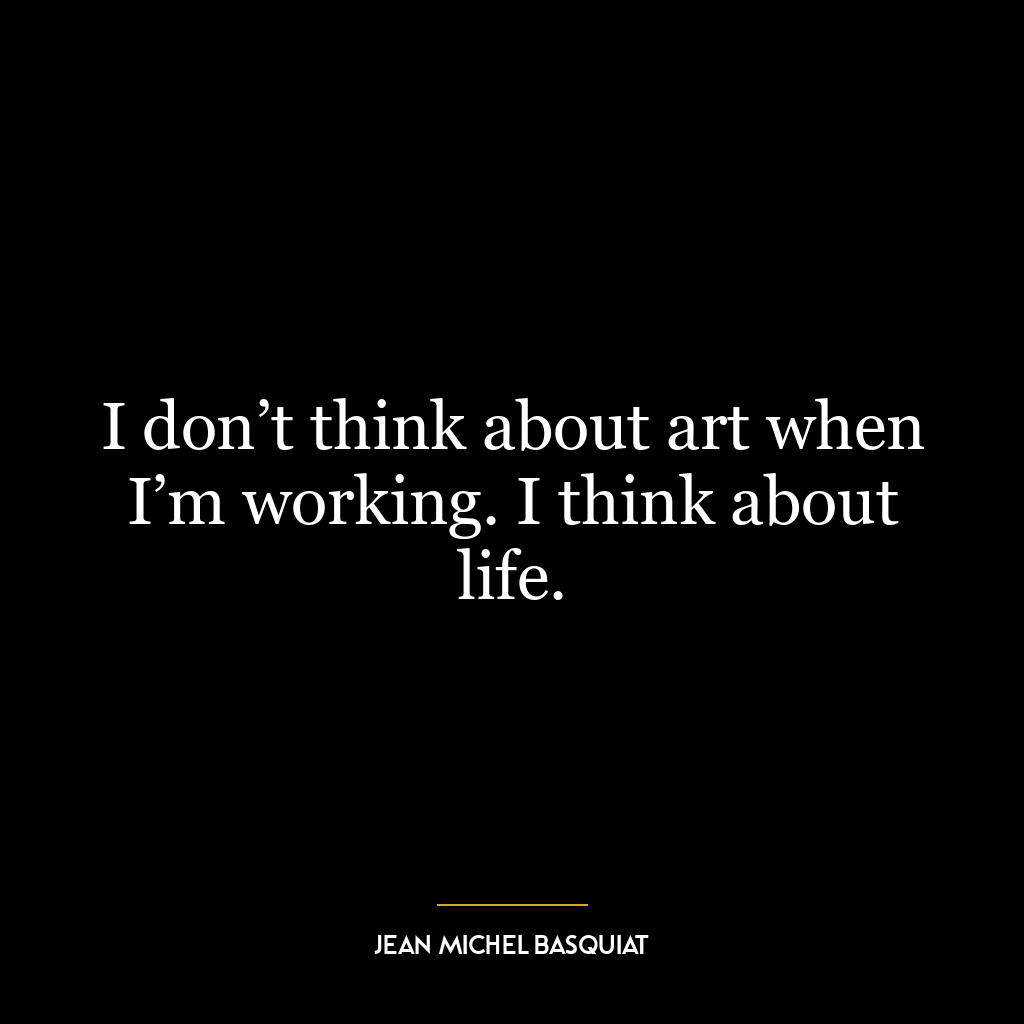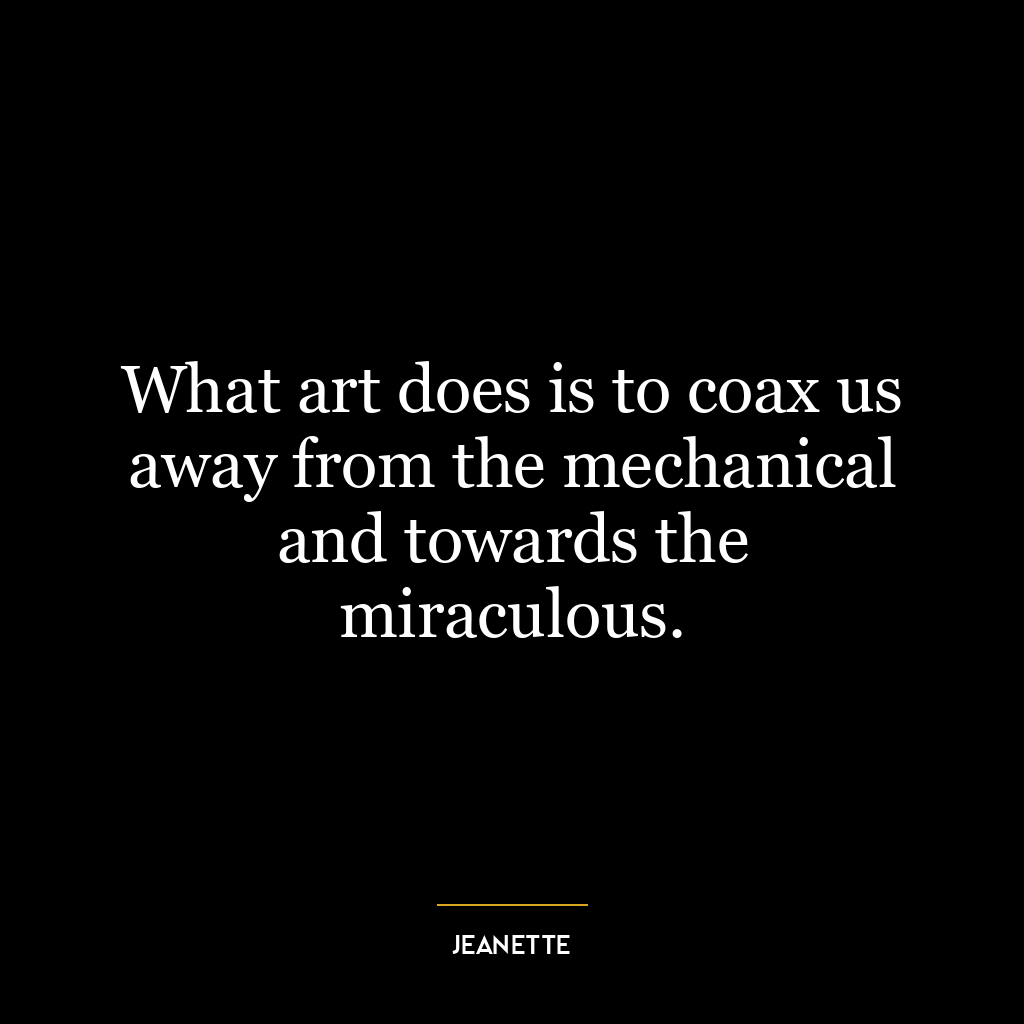You need not bring life to the scripture. You should draw life from the scripture.
This quote by Charles Spurgeon suggests that the purpose of religious texts, or scriptures, is not to be given life by the reader through their own interpretations or personal biases. Rather, it is for the readers to gain life from it – in other words, to learn, grow and find guidance in their lives.
When Spurgeon says “You need not bring life to scripture,” he’s asserting that these holy writings don’t require our input or alterations to have value or meaning; they already possess a profound depth and richness on their own. It’s a reminder not to manipulate sacred teachings to fit our personal narratives but respect them as they are.
On the other hand, when he says “You should draw life from scripture,” he implies that these texts should serve as a source of wisdom and nourishment for our souls. They’re meant to inspire us, provide moral guidance, offer comfort during hardships and help us understand our place in this vast universe.
In today’s world where there are numerous interpretations of truth and morality is often subjective depending on cultural norms or individual beliefs, this quote reminds us of the importance of grounding ourselves with enduring wisdom found in ancient scriptures across all religions. Instead of using these texts for personal justification or twisting them according to convenience (bringing life), we should seek insights from them that can aid personal growth (drawing life).
In terms of personal development, this idea encourages individuals not just read religious texts passively but actively engage with them – questioning what they mean personally and how those lessons can be applied in daily lives. This could mean seeking patience when provoked by learning about forgiveness from these scriptures; finding courage during tough times inspired by tales of resilience; understanding humility through teachings about gratitude etc.
Overall Spurgeon’s quote emphasizes an approach towards religious text which is respectful yet introspective – one where we don’t impose ourselves onto it but allow it enlighten us instead.



